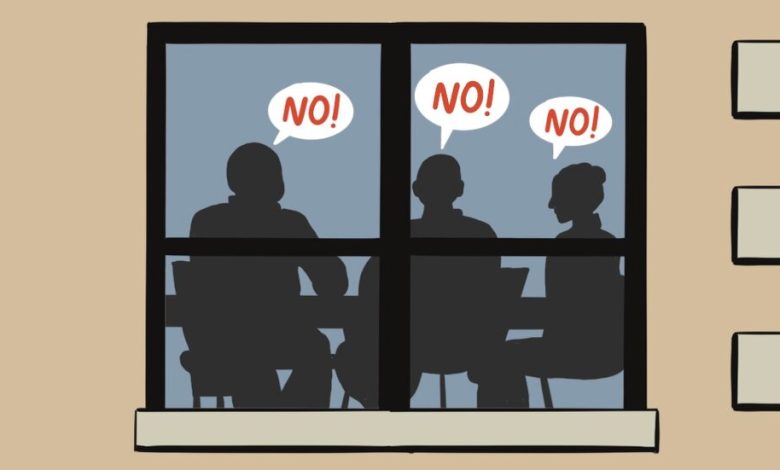My Co-op Board Is Preventing Me From Selling My Apartment

Q: I have tried to sell my co-op apartment in Jackson Heights, Queens, several times, but the board never accepts the prospective buyer. I lost a sale when the board said the co-op’s financial information wasn’t available because the building was being audited. I lost another when the board said the buyer’s income was too low. And once I had a cash buyer who was going to live alone, without any pets, and they still turned him down. I fear the board is discriminating against my prospective buyers on the basis of race, or retaliating against me because I have called 311 several times. What can I do?
A: Federal, state, and local laws prohibit discrimination in housing. Co-op boards have broad discretion to carry out their duties in the best interest of shareholders, known as the “business judgment rule,” but they cannot hide behind that discretion to illegally discriminate against protected classes, including race.
You could file a complaint with the city, or seek out a fair-housing lawyer.
The New York City Commission on Human Rights investigates allegations of discrimination in housing opportunities, which is prohibited. If you believe you have witnessed or experienced discrimination, you can contact the commission using an online form or by calling (212) 416-0197.
A fair-housing lawyer can file a lawsuit in state or federal court. In discrimination cases, a respondent who has violated the law must pay the victim’s legal fees.
“Always contact a discrimination attorney if you believe you were discriminated against,” said Andrew Lieb, a New York lawyer who handles housing discrimination cases.
A lawyer can investigate the questions that the board asked your neighbors during their buying process, which may help clarify whether prospective buyers are treated equally, said Ali Frick, a lawyer with Kaufman Lieb Lebowitz & Frick. Are all buyers asked about pets, or the number of people who would live in the unit? Are members of certain protected groups consistently turned away?
“Racial discrimination in housing in New York City is alive and rampant to a degree that would shock New Yorkers,” Ms. Frick said.
If you believe that you are being treated unfairly by the board because you made complaints to 311, or for some other reason, try to persuade the board, or negotiate with them. (You can ask neighbors whether they have faced similar interference.) Failing that, you could file a lawsuit, but it will be an expensive, lengthy process.
For weekly email updates on residential real estate news, sign up here.




